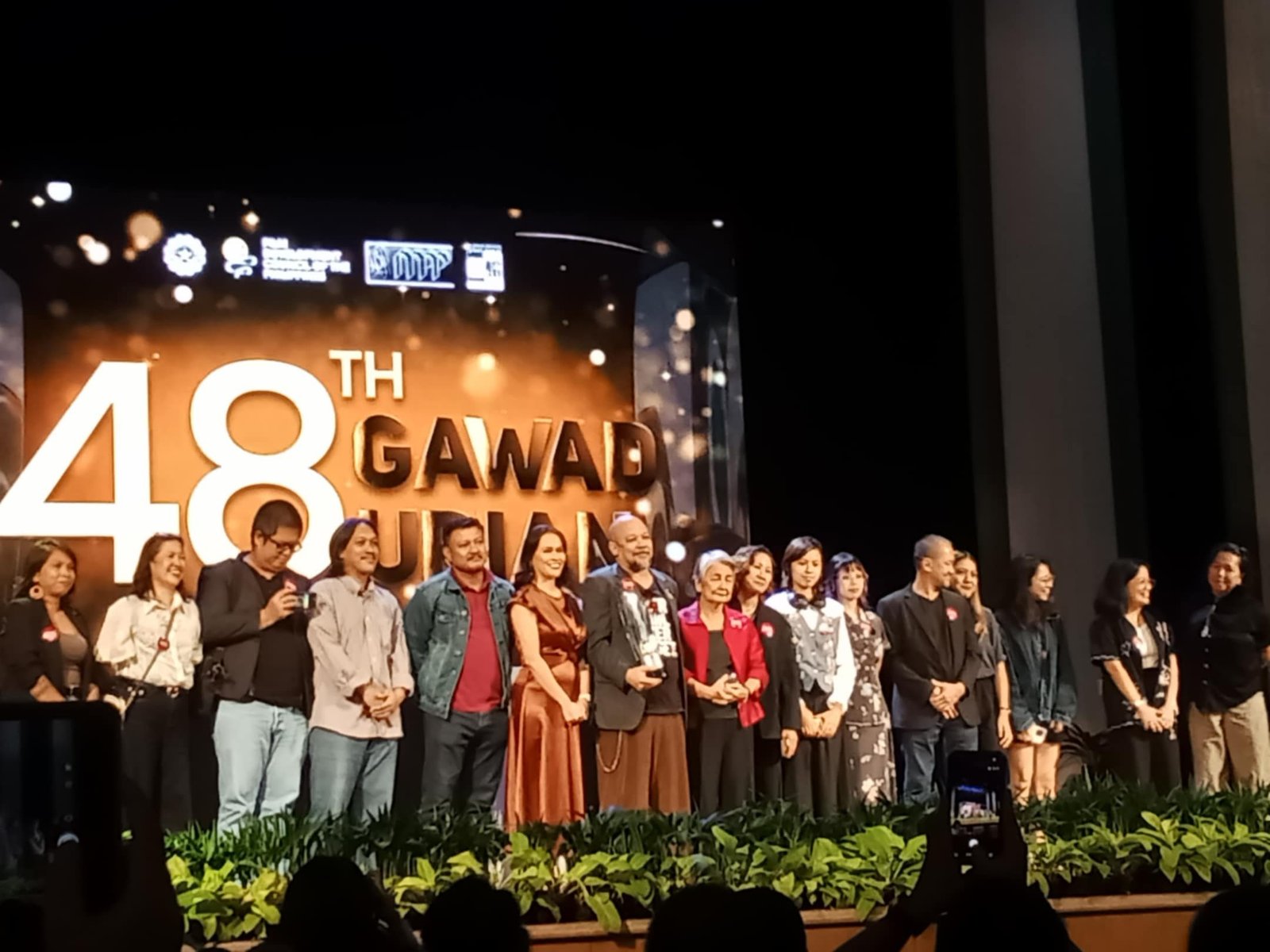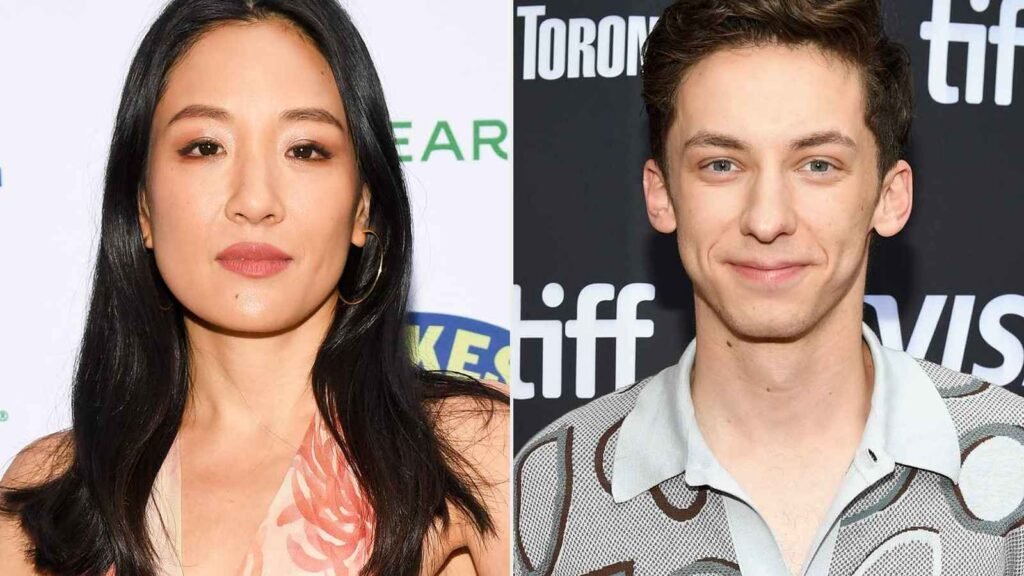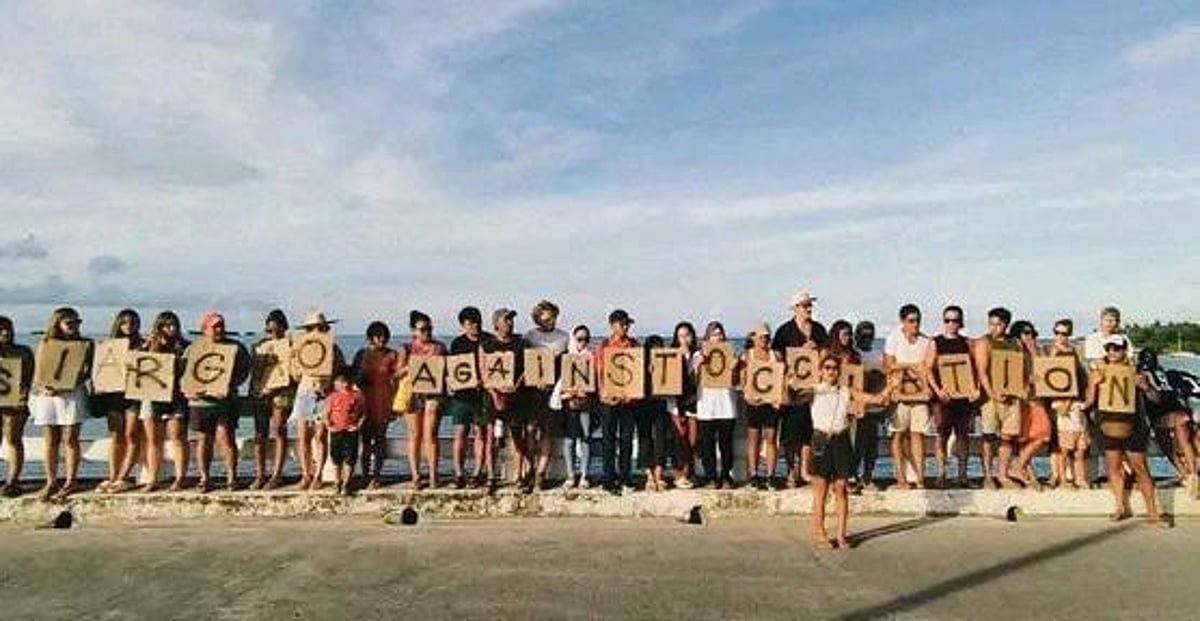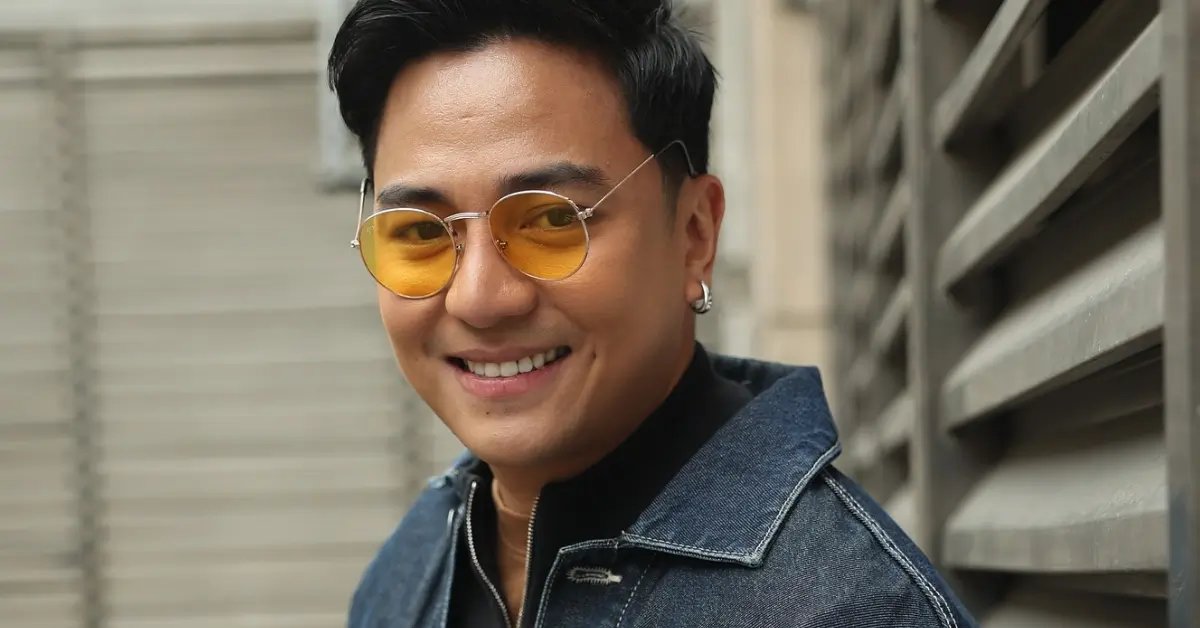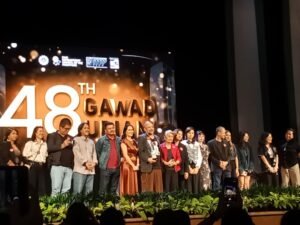Quick Read
- Constance Wu criticized Andrew Barth Feldman’s casting in Maybe Happy Ending for erasing Asian American representation.
- Feldman replaced Darren Criss, a Filipino-American actor, for a limited run.
- Creators Aronson and Park acknowledged the pain but emphasized the show’s universal themes.
- Actor BD Wong’s petition against Feldman’s casting has over 2,400 signatures.
- The musical won six Tony Awards, including Best Musical, but controversy persists.
When Representation Becomes a Battleground on Broadway
Constance Wu, known for her breakthrough roles in Fresh Off the Boat and Crazy Rich Asians, has once again stepped into the spotlight—but this time, as an advocate rather than an actress. On September 17, Wu took to Instagram to voice her disappointment with Andrew Barth Feldman, the young actor recently cast in the lead role of Maybe Happy Ending, a Tony-winning musical set in Seoul, South Korea. Her words have rippled through the theater community, reopening old wounds about Asian American representation and the persistent specter of erasure in American arts.
Wu described a lengthy, in-depth conversation with Feldman about the nuances and history of Asian American visibility in theater. The dialogue, she said, was peaceful and gave her hope. But hope quickly soured. After receiving a voice memo from Feldman, Wu felt compelled to share her profound disappointment publicly. “It’s hard to keep speaking up when it feels like no one is listening anymore in this new era,” she wrote. “It’s exhausting and increasingly lonely.”
Artistic Intentions Collide With Community Expectations
Feldman, 23, joined the cast of Maybe Happy Ending for a limited nine-week engagement, taking over the role from Darren Criss—a Filipino-American Tony winner—who is set to return in November. Feldman’s casting, announced in July, was met with immediate criticism from Asian American actors and advocates. At issue is whether a story so closely intertwined with Korean culture should feature only actors of Asian descent. For many, the decision felt like a step backward, a painful echo of decades-old struggles for visibility and respect.
The show’s creators, American composer Will Aronson and South Korean lyricist Hue Park, responded to the controversy with a statement that acknowledged the pain. “We wrote a show about robots so we could engage more intimately with the most basic human questions of love and loss,” they explained. “They were meant to be products created by a global company, and so never bore Korean names, even in the Korean version of the show. At the same time, we understand that for many in the AAPI community, the makeup of our opening night cast became a meaningful and rare point of visibility.” Their words suggest a complex tension between the universality of art and the specific need for representation.
Community Voices: From Private Pain to Public Petition
Wu’s criticism did not exist in isolation. She cited the activism of veteran actor BD Wong, who published an essay and petition criticizing Feldman’s casting as a “hard slap in the face” to Asian actors and audiences. Wong’s petition, which has gathered over 2,400 signatures, does not make demands but articulates a shared sense of disappointment and hurt. “I’m sorry to the thousands of people on @wongbd’s petition whose signatures he and the producers have yet to publicly acknowledge,” Wu wrote. “And honestly, I’m sorry ABF that you’ve been (perhaps unfairly) saddled with this responsibility by your producers. But sometimes we don’t choose our responsibilities, they choose us. So the question that remains is: what are you choosing to do with it?”
The producers of Maybe Happy Ending have yet to publicly respond to the mounting criticism. Meanwhile, Feldman himself has remained largely silent, aside from an initial Instagram post expressing his excitement to perform alongside his real-life partner, Helen J. Shen, who is also of Asian descent. That silence, Wu suggested, is emblematic of a larger problem. “Once again, Asian Americans are left unheard, unacknowledged, invisible. Sadly, we’re used to this,” she lamented.
The Box Office Success and Unanswered Questions
Despite the controversy, the show’s box office appears to be thriving—a detail Wu mentioned with weary resignation. “A dozen or so folks bts at @maybehappyending have remained silent perhaps in the hopes that this will all fade away and you know what? It has. Your plan is working, guys—I heard your box office doing great.” The implication is clear: commercial success does not erase the need for thoughtful, inclusive artistic choices. It begs a question for everyone involved—how much does visibility matter when the narrative is shaped by those outside the community it depicts?
Feldman’s limited run began on September 2 and will end on November 1, after which Darren Criss will return. The musical itself, a tale of two helper robots who discover love and loss in a futuristic Seoul, has been lauded for its emotional depth and universal themes. It swept the Tony Awards in June, picking up six trophies including Best Musical and Best Leading Actor for Criss. But the casting debate has overshadowed these achievements, forcing the industry to grapple with issues that go beyond box office numbers and critical acclaim.
Helen J. Shen, Feldman’s co-star and partner, remains at the heart of the production, embodying a different kind of representation as the daughter of Chinese immigrants. The show’s multicultural creative team—Aronson and Park—has made efforts to bridge divides, but the controversy around Feldman’s casting has revealed how fragile progress can be when the past is not fully reckoned with.
As the curtain continues to rise each night, the conversation around Maybe Happy Ending persists far beyond the theater walls. For Wu and her allies, the fight is not simply about one role or one production, but about the ongoing struggle for recognition, respect, and a seat at the table in American culture.
The controversy surrounding Andrew Barth Feldman’s casting in Maybe Happy Ending is more than a dispute over a single role—it is a microcosm of the larger battle Asian American artists face for visibility and agency in the arts. While the show’s creators intended to tell a universal story, the casting decision has reopened wounds that have yet to heal. Wu’s disappointment resonates not only as a personal reaction but as a powerful reminder that representation, once achieved, must be protected through thoughtful choices and genuine dialogue.
